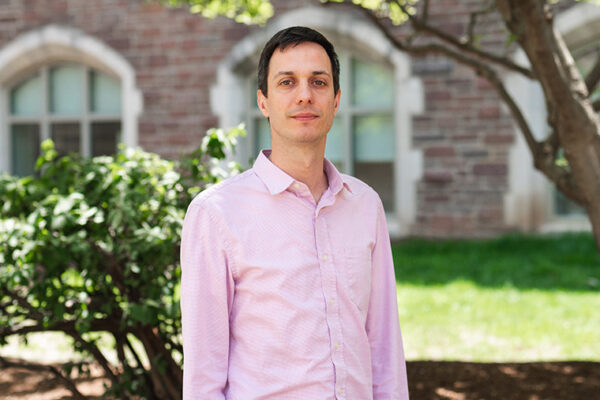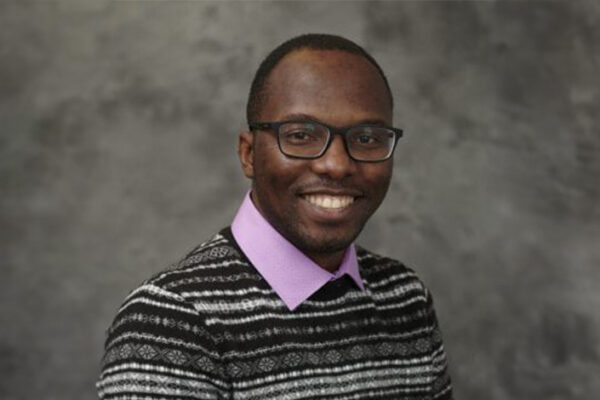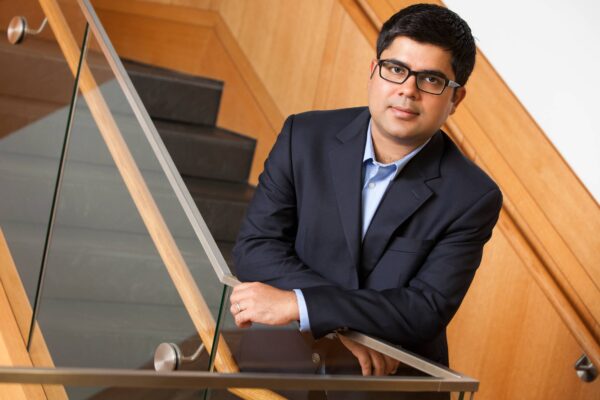WashU researchers among those ‘highly cited’
More than 50 Washington University in St. Louis researchers have been named to the Highly Cited Researchers 2023 list by Clarivate, an analytics company. The list identifies scientists who demonstrate exceptional influence in their fields, as reflected through their papers frequently cited by their peers.
PACS receives funding from Department of Education
The Program in Audiology and Communication Sciences at the School of Medicine has been awarded two grants from the U.S. Department of Education that combined will provide over $2.3 million in support of its graduate training programs.
Errando awarded funding for astrophysics of relativistic jets
Manel Errando, an assistant professor of physics in Arts & Sciences, has been awarded a $375,000 grant from the National Science Foundation to conduct studies of active galactic nuclei.
RNA’s solo act on the ever-changing stage of cellular dynamics
Collaborative research from Rohit Pappu’s laboratory at the McKelvey School of Engineering sheds light on the role of temperature in RNA phase separation, particularly the heating and cooling required to form condensates.
Robertson to study amino acid transporters
Janice Robertson, of the School of Medicine, received a two-year $155,500 grant from the National Institute of Neurological Disorders and Stroke, part of the National Institutes of Health (NIH).
Three named 2023 Young Investigator grantees
Sarah D. Ackerman, Gabor Egervari, MD, PhD, and Tao Xie, all of the School of Medicine, have been named 2023 Young Investigator grantees by the Brain & Behavior Research Foundation. The funding supports promising early-career scientists in neuropsychiatry with innovative ideas in mental health research.
Research network to focus on AI, integrated circuits
Shantanu Chakrabartty, at the McKelvey School of Engineering, will lead the Neuromorphic Integrated Circuits Education network, a team that is looking at the brain and its neural mechanisms as a model for hardware and algorithms that make the most of computational performance with the least amount of power.
Using machine learning to boost amorphous metals
Katharine Flores at the McKelvey School of Engineering will collaborate on a National Science Foundation-funded project to build simulation-informed models that predict material properties in 3D-printed metallic glasses
Student addresses Sierra Leone HIV epidemic in Lancet
Samuel Kizito, a PhD student in public health sciences at the Brown School, co-authored a correspondence published in The Lancet addressing the HIV epidemic among adolescents in Sierra Leone.
Chakrabarty to study aerosol properties
Rajan Chakrabarty at the McKelvey School of Engineering received funding through the U.S. Department of Energy’s Facilities Integrating Collaborations for User Science program to explore how physical and chemical properties of aerosols are distributed vertically in the air. The research will help develop and evaluate atmospheric models.
View More Stories








